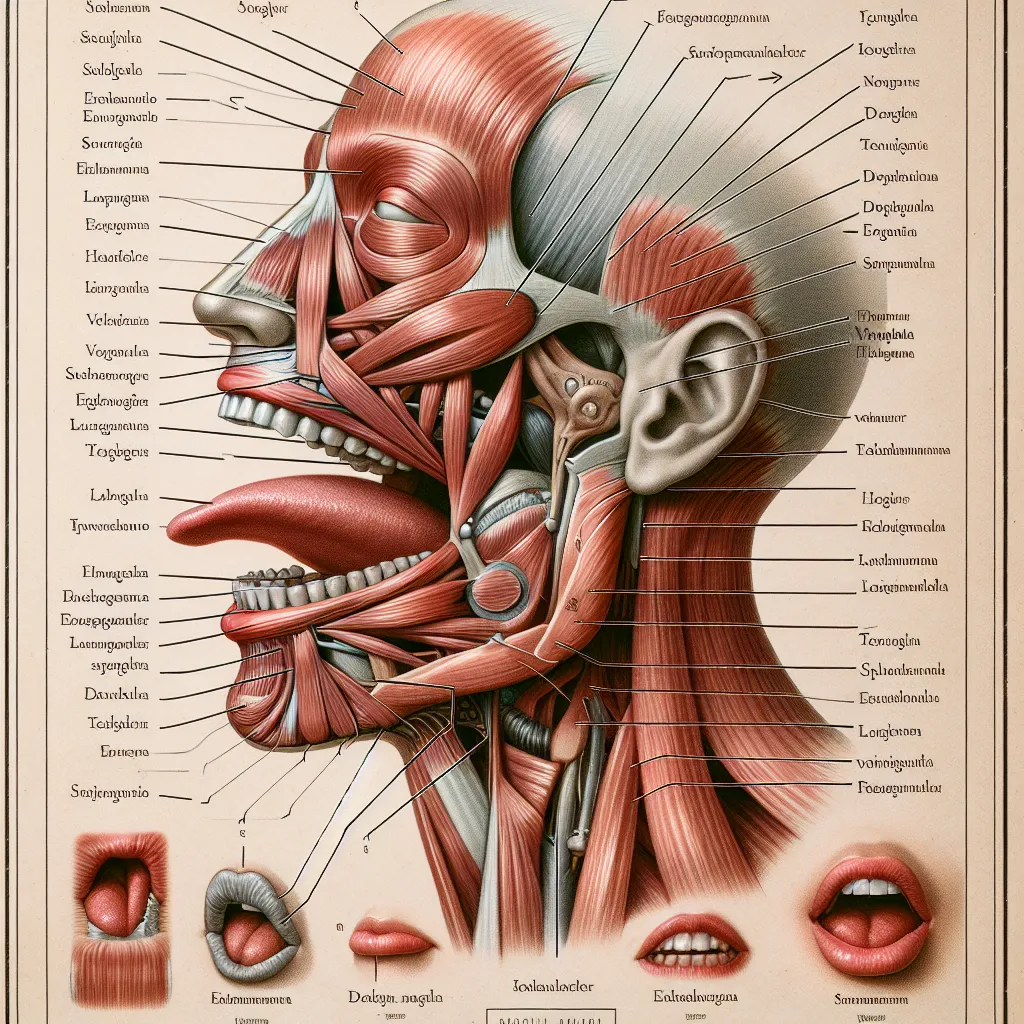Are you looking to enhance your English pronunciation skills? You’re in the right place! As an experienced English pronunciation instructor and content creator at LearnEnglish.net, I’m excited to share with you the Best Tools For English Pronunciation Practice. Whether you’re a beginner or an advanced learner, this guide will provide you with valuable insights and practical tips to improve your pronunciation.
Why is English Pronunciation Important?
Before we dive into the tools, let’s understand why pronunciation matters. Clear pronunciation is crucial for effective communication in English. It helps you:
- Be easily understood by native and non-native speakers
- Boost your confidence when speaking English
- Improve your listening skills
- Avoid misunderstandings in conversations
Now, let’s explore the best tools to help you achieve these goals!
 English Pronunciation Practice
English Pronunciation Practice
Top Tools for English Pronunciation Practice
1. Speech Recognition Software
Speech recognition technology has come a long way and now offers excellent tools for pronunciation practice.
Google’s Speech-to-Text API
This powerful tool can transcribe your speech in real-time, allowing you to compare your pronunciation with the correct text.
How to use it:
- Speak into your device’s microphone
- The API converts your speech to text
- Compare the output with the original text to identify pronunciation errors
Dragon NaturallySpeaking
Dragon is a popular speech recognition software that can help you practice and improve your pronunciation.
Benefits:
- Adapts to your voice over time
- Provides immediate feedback on your pronunciation
- Supports multiple English accents
2. Pronunciation Apps
Several mobile apps are specifically designed to help you improve your English pronunciation.
ELSA Speak
ELSA (English Language Speech Assistant) uses artificial intelligence to provide personalized pronunciation feedback.
Key features:
- Analyzes your speech and provides a detailed breakdown of your pronunciation
- Offers targeted exercises to improve specific sounds
- Tracks your progress over time
Sounds: Pronunciation App
This app, developed by Macmillan Education, focuses on British English pronunciation.
What it offers:
- Interactive phonemic chart
- Practice exercises for individual sounds and sound combinations
- Recording feature to compare your pronunciation with native speakers
 Pronunciation Apps
Pronunciation Apps
3. Online Pronunciation Dictionaries
Online dictionaries with audio pronunciations are invaluable tools for learning correct pronunciation.
Cambridge Dictionary
The Cambridge Dictionary offers both British and American English pronunciations for most words.
How to use it:
- Look up a word
- Click on the speaker icon next to the word
- Listen to the pronunciation in both British and American English
Forvo
Forvo is a user-generated pronunciation dictionary with recordings by native speakers from around the world.
Unique feature:
- Hear pronunciations in various regional accents and dialects
4. YouTube Channels
YouTube offers a wealth of free pronunciation resources. Here are two channels that stand out:
Rachel’s English
Rachel’s English focuses on American English pronunciation and intonation.
Popular video series:
- Sound Series (covering individual sounds)
- Intonation Series
- Pronunciation of Phrasal Verbs
BBC Learning English
This channel offers comprehensive pronunciation guides for British English.
Recommended playlists:
- The Sounds of English
- Tim’s Pronunciation Workshop
Advanced Techniques for Pronunciation Practice
Once you’ve mastered the basics using the tools above, try these advanced techniques:
1. Shadowing
Shadowing involves listening to native speakers and repeating what they say in real-time.
Steps:
- Choose a short audio clip (30 seconds to 1 minute)
- Listen to it several times to familiarize yourself with the content
- Play the audio and try to repeat what you hear simultaneously
- Record yourself and compare it to the original
2. Minimal Pair Practice
Minimal pairs are words that differ by only one sound. Practicing these can help you distinguish and produce similar sounds accurately.
Example minimal pairs:
- “ship” vs. “sheep”
- “bit” vs. “beat”
- “cap” vs. “cab”
 Minimal Pairs Practice
Minimal Pairs Practice
3. Tongue Twisters
Tongue twisters are excellent for improving your articulation and speed.
Try this one:
“She sells seashells by the seashore. The shells she sells are surely seashells.”
Common Pronunciation Mistakes and How to Avoid Them
Even advanced learners can struggle with certain aspects of English pronunciation. Here are some common mistakes and tips to overcome them:
-
Th-sound: Many non-native speakers struggle with the “th” sound. Practice by placing your tongue between your teeth and blowing air out.
-
Silent letters: Words like “knife” and “listen” have silent letters. Always check the pronunciation when learning new words.
-
Word stress: Incorrect word stress can change the meaning of a word. Use a dictionary to learn the correct stress pattern for new words.
-
Linking words: Native speakers often link words together in connected speech. Practice listening to and imitating natural speech patterns.
-
Intonation: English has a specific rhythm and intonation. Pay attention to the rise and fall of pitch in native speech and try to imitate it.
The International Phonetic Alphabet (IPA) and Commonly Mispronounced Words
Understanding the International Phonetic Alphabet (IPA) can greatly improve your pronunciation skills. Here’s a simplified version of the English IPA chart:
- Vowels: /i:/, /ɪ/, /e/, /æ/, /ʌ/, /ɑ:/, /ɒ/, /ɔ:/, /ʊ/, /u:/
- Consonants: /p/, /b/, /t/, /d/, /k/, /g/, /f/, /v/, /θ/, /ð/, /s/, /z/, /ʃ/, /ʒ/, /h/, /tʃ/, /dʒ/, /m/, /n/, /ŋ/, /l/, /r/, /j/, /w/
Now, let’s look at 10 commonly mispronounced English words related to learning and education:
- Archive – /ˈɑːr.kaɪv/ (not /ˈɑːr.tʃaɪv/)
- Pronunciation – /prəˌnʌn.siˈeɪ.ʃən/ (not /prəˌnaʊn.siˈeɪ.ʃən/)
- Hierarchy – /ˈhaɪ.ə.rɑːr.ki/ (not /ˈhaɪ.rɑːr.ki/)
- Pronunciation – /prəˌnʌn.siˈeɪ.ʃən/ (not /prəˌnaʊn.siˈeɪ.ʃən/)
- Recipe – /ˈres.ə.pi/ (not /rɪˈsaɪp/)
- Definitely – /ˈdef.ɪ.nət.li/ (not /ˈdef.ɪ.nɪt.li/)
- Phenomenon – /fəˈnɒm.ɪ.nən/ (not /fəˈnɒm.ɪ.nɒn/)
- Colleague – /ˈkɒl.iːɡ/ (not /kəˈliːɡ/)
- Mischievous – /ˈmɪs.tʃɪ.vəs/ (not /mɪsˈtʃiː.vi.əs/)
- Epitome – /ɪˈpɪt.ə.mi/ (not /ˈep.ɪ.təʊm/)
Practice these words using the IPA as a guide to improve your pronunciation.
Conclusion
Improving your English pronunciation is a journey that requires consistent practice and the right tools. By using the resources and techniques outlined in this guide, you can make significant progress in your pronunciation skills. Remember, the key is to practice regularly and be patient with yourself.
For more tips on improving your English skills, check out our articles on how to practice pronunciation using visual aids and how to improve pronunciation through listening.
Keep practicing, and soon you’ll be speaking English with confidence and clarity!




